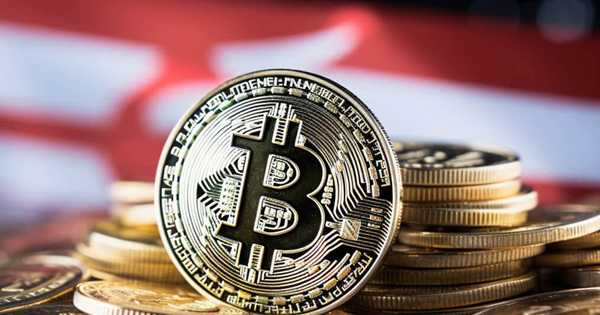Metaplanet Surpasses 10,000 Bitcoin, Beats Coinbase and Bets Big on the Future of Decentralized Finance

Japanese investment firm Metaplanet has officially surpassed its strategic milestone of 10,000 BTC, six months ahead of schedule. The milestone not only marks the rapid maturation of the firm’s Bitcoin treasury strategy, but also puts Metaplanet ahead of Coinbase Global in terms of publicly traded Bitcoin holdings.
On June 16, 2025, Metaplanet announced that it had purchased an additional 1,112 BTC, worth approximately $117.2 million, at an average price of $105,435 per coin. The move brings the company’s total Bitcoin holdings to 10,000 BTC, surpassing Coinbase’s 9,267 BTC and making Metaplanet the ninth-largest publicly traded Bitcoin holder in the world, according to data from Cointelegraph.
Zero-Coupon Bonds: Metaplanet’s Financial Weapon
The deal was fully funded through the issuance of $210 million in zero-coupon bonds to the EVO Fund. All proceeds were used to accumulate additional Bitcoin, a move that reflects Metaplanet’s strong belief in the long-term value of the digital asset.
Since the start of the strategy in April 2024, Metaplanet has purchased 10,000 BTC at an average cost of $96,400/BTC. This demonstrates the company’s efficient and consistent capital management in a volatile capital market.
Market Reactions Metaplanet Stock Surges
Shortly after the announcement of additional Bitcoin purchases, Metaplanet shares surged 17.23%, bringing their year-to-date growth to over 408%, according to data from Block. Investors see Bitcoin holdings as a hedge against inflation and global economic uncertainty, and Metaplanet is emerging as a model for this strategy in Asia.
Data from BitcoinTreasuries shows that the total amount of BTC held by companies increased by 31% in 2024, surpassing 998,374 BTC. The shift was driven by new regulations from the US Financial Accounting Standards Board (FASB), which allow companies to recognize fair market value for digital assets.
Japan: A Pro-Digital Asset Regulatory Environment
Metaplanet benefits from the easing cryptocurrency regulatory landscape in Japan, a country that is leading the region in blockchain and crypto adoption. With 11.8 million cryptocurrency accounts by the end of 2024, up about 3 million from the previous year, Japan is a market that is well-positioned for the adoption of digital assets at the enterprise level.
The Japanese Financial Services Agency (FSA) is also preparing to amend the Financial Instruments and Exchange Act, allowing crypto to be reclassified as a financial product, which will bring these assets under closer scrutiny but also bring greater legitimacy in the eyes of institutional investors.
In parallel, the Japanese government continues to promote a cashless society, with digital payments increasing from 26.8% in 2019 to 39.3% in 2023, equivalent to 126.7 trillion yen. This policy support has enabled companies like Metaplanet to develop a sustainable Bitcoin strategy.
New Target: 210,000 BTC by 2027 The Dream of Holding 1% of the Global Supply
After hitting 10,000 BTC ahead of schedule, Metaplanet isn’t stopping. The company has raised its target to 210,000 BTC by 2027, which would be 1% of the global Bitcoin supply, an ambitious statement that reflects its long-term vision and strong belief in Bitcoin’s core value as “digital gold.”
CEO Simon Gerovich shared that the company has achieved a 266.1% return on its Bitcoin investment since the beginning of the year. At the same time, Metaplanet has completed its 18th bond issuance, as part of a long-term plan to fund its upcoming Bitcoin purchases.
Bitcoin is becoming the new standard for corporate treasuries
Metaplanet’s acceleration in its Bitcoin strategy is not an isolated case. Strategy Inc. (formerly MicroStrategy) also raised $584 million earlier this year and plans to allocate $42 billion to Bitcoin. According to BeInCrypto, institutional Bitcoin investment could reach $120 billion by the end of 2025 and $300 billion by 2026, with public companies expected to account for the majority, with over 1 million BTC in their coffers.
Conclusion
Metaplanet’s success represents a significant turning point in the use of Bitcoin as a strategic corporate asset. As the regulatory environment continues to expand and the market increasingly favors decentralized assets as a financial hedge, increased corporate exposure to Bitcoin could become a mainstream trend in the next era of the digital economy.
